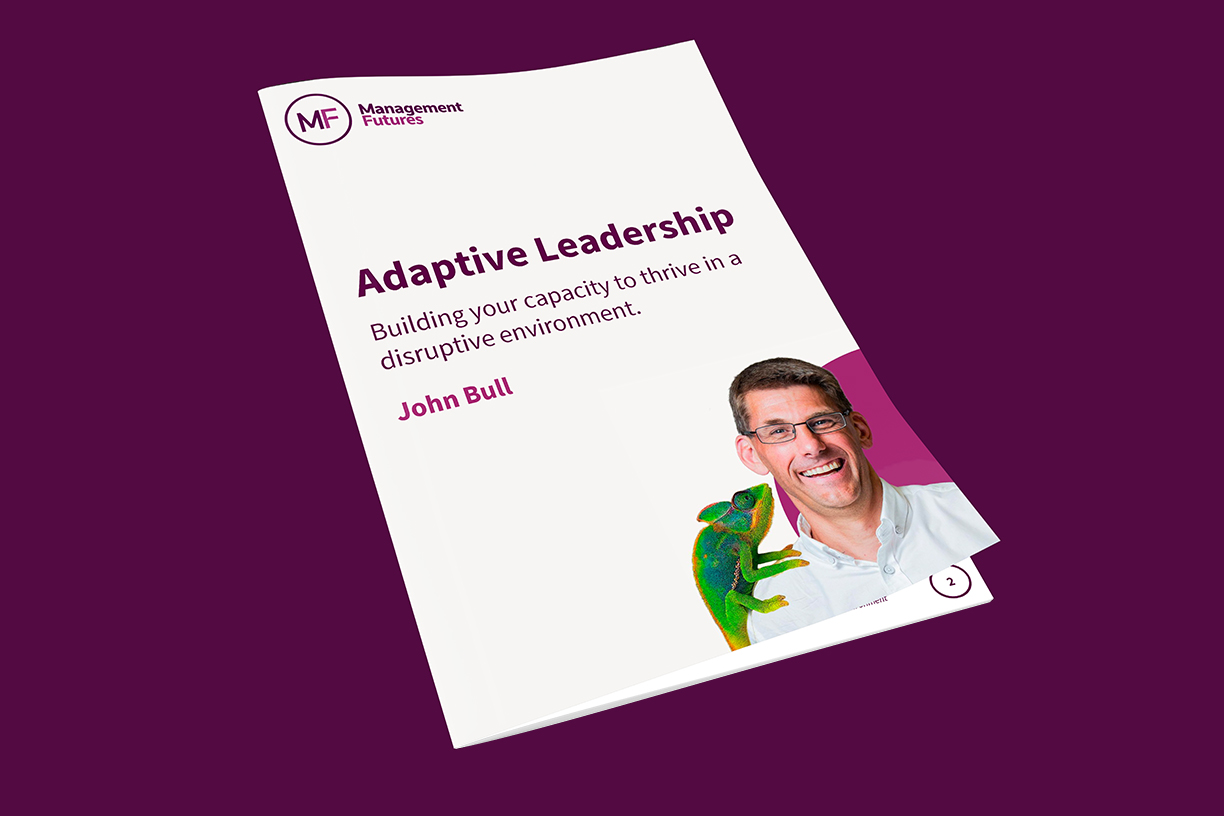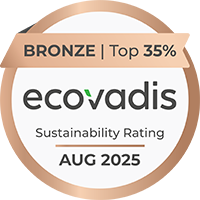(This article summarises the key points from a webinar delivered by Sarah Cartwright earlier this year.)
Managing Energy and Resilience: Practical Steps for Sustainable Success
As workplaces become increasingly complex and fast-paced, managing our energy and resilience is more important than ever. With rapid advancements in technology, evolving work structures, and global disruptions, it’s easy to feel as though we’re constantly running on empty. But, by building habits and boundaries, we can reclaim control over our energy, productivity, and overall well-being.
This article explores why energy management and resilience are critical skills for today’s workforce and offers actionable strategies to thrive in an intense work environment.
The Changing Landscape of Work: Why Energy and Resilience Matter Now
With the future of work unfolding before us, we face unprecedented challenges:
- Accelerated change: Technologies like generative AI are transforming work at breakneck speed.
- Increased disruptions: Political, social, and environmental issues affect our workplaces globally.
- Demand for new skills: A growing skills gap means professionals are constantly upskilling to remain competitive.
- Enhanced collaboration: Today’s work requires cross-silo cooperation and diverse perspectives more than ever before.
Against this backdrop, burnout is becoming alarmingly common. While passion and dedication are vital, they come at a cost when we neglect to manage our energy and resilience effectively.
Understanding Resilience: A Key to Thriving Amidst Change
We often discuss resilience, but what does it truly mean? Resilience is our capacity to face challenges, recover from setbacks, and grow through adversity. Resilient individuals sustain energy levels under pressure, adapt to changes, and bounce back from difficulties. Resilience is a skill we can build by managing our energy wisely.”
Energy Management: Think of Yourself as a Battery, Not a Machine
Imagine waking up each day like a smartphone battery, ideally fully charged. How often, though, do we start the day with only 30% energy? If we continue to “run on low,” pushing ourselves until we’re completely drained, we risk burnout. To stay resilient, we need to recharge throughout the day rather than waiting for weekends or holidays. Here’s how:
1. **Identify Energy Drains and Boosters**: Recognise what tasks drain or energise you. For example, if you find that meetings sap your energy but creative work fuels you, plan to tackle high-energy tasks when you’re at your peak.
2. **Pace Yourself**: Structure your day to match your energy levels. Tackle mentally demanding tasks when you’re most alert, and save easier tasks for times when you’re tired.
3. **Take Breaks**: Short breaks throughout the day can improve productivity. Step outside, take a walk, or simply pause to breathe. A few minutes away from your screen can make a significant difference.
4. **Practice the Basics**: Sleep, diet, hydration, and exercise are foundational to energy management. A few small adjustments - like a daily walk, hydration, or mindful meals - boost both mental clarity and physical resilience.
Boundaries: The Key to Sustainable Energy Management
With the work-life blend now the norm, boundaries are more essential than ever. Constant connectivity - via email, messaging, and virtual meetings - means we’re always “on,” which can lead to exhaustion if left unchecked.
Here are strategies to establish effective boundaries:
1. **Know Your Priorities**: Take time to reflect on what truly matters to you. Set clear, personal priorities so you can differentiate between non-negotiable and flexible tasks.
2. **Establish Hard and Soft Boundaries**: While there are times when working late is necessary, it’s crucial to define boundaries you won’t compromise. These might include family time, exercise, or regular breaks.
3. **Communicate Your Boundaries**: Let colleagues and clients know your availability. Setting expectations can prevent misunderstandings and ensure you’re able to maintain balance.
4. **Be Consistent**: Boundaries only work if they’re enforced consistently. If you reserve Friday afternoons for focused work, stick to it. Inconsistent boundaries signal to others that they’re negotiable.
5. **Practice Saying No**: “No” is a powerful tool for protecting your priorities. Saying no can feel uncomfortable, but remember that each “no” allows you to say “yes” to something more aligned with your goals and well-being.
The Power of Reflection: Slowing Down to Think and Grow
In a world that often equates busyness with productivity, taking time to reflect can feel like an indulgence. However, moments of quiet reflection are essential for creativity, problem-solving, and growth. Schedule time to think about your goals, assess your progress, and connect with your sense of purpose.
Improving Efficiency: Making the Most of Meetings
Meetings can drain energy if they lack structure and purpose. To make meetings more efficient:
- Set Clear Agendas: An agenda keeps discussions on track and ensures productive outcomes.
- Time Management: Respect start and end times. For back-to-back meetings, consider 25 or 55-minute sessions to allow for mental breaks.
- Evaluate Regularly: Assess the usefulness of recurring meetings and eliminate or restructure those that don’t add value.
(MF's Tim Cox elaborates on these points in this article published earlier this year)
Small Changes, Big Impact: Building Resilience Over Time
By prioritising energy management and resilience, we can create a healthier, more sustainable work experience. Remember, it’s not about overhauling your routine overnight; small changes, consistently applied, can have a significant impact on well-being and productivity.
- Daily Awareness: Check in with yourself. Are you feeling energised or drained? What adjustments can you make?
- Balance and Boundaries: Define, communicate, and enforce your boundaries.
- Recharge Regularly: Instead of waiting for weekends or vacations, find moments throughout each day to recharge.
- Reflect and Reassess: Regularly pause to consider what’s working and what isn’t. This allows you to adjust habits for greater efficiency and satisfaction.
Moving Forward with Purpose
As work continues to evolve, so too must our approach to resilience and energy. By understanding and managing our energy and setting boundaries, we can continue to adapt and thrive amidst change. Remember, the goal isn’t just to work harder, but to work in a way that sustains you for the long term.








